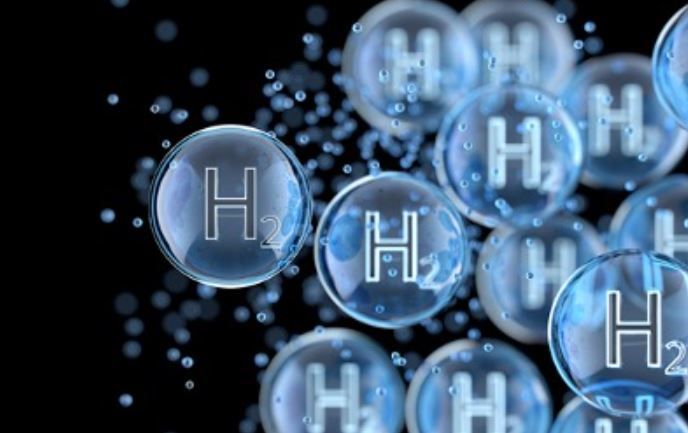In a concerted effort to position Jordan as a regional hub for the production and exportation of green hydrogen, the Ministry of Energy and Mineral Resources is spearheading transformative initiatives.
This strategic endeavor aligns with global interest in clean energy and derivatives such as green ammonia and methanol. At the heart of this vision is a comprehensive national strategy developed in collaboration with the U.S. Agency for International Development (USAID), aimed at elevating Jordan’s status in the realm of green hydrogen production.
The Ministry’s green hydrogen strategy, currently awaiting final approval by the Cabinet, is integral to Jordan’s Economic Modernisation Vision. This vision, championed by King Abdullah II, underscores the urgency of green hydrogen projects to address evolving global energy demands and combat climate change.
Central to the strategy is the creation of policy frameworks to attract investments in green hydrogen production. The ministry’s efforts have materialized in 13 memoranda of understanding with interested companies, 11 formalized in 2023. These agreements underscore the government’s commitment to expanding clean energy resources and diversifying the Kingdom’s energy portfolio.
Simultaneously, the ministry is actively engaged in legislative initiatives to revise laws governing renewable energy and associated regulations. Collaborations with international entities, including the World Bank, underscore Jordan’s commitment to exploring robust legal and regulatory frameworks for green hydrogen production.
Initiatives are underway to transition towards electric transportation, evaluating infrastructure readiness and charging station tariffs. The ministry is also exploring the development of smart grid networks and infrastructure enhancements, along with natural gas pipelines to industrial zones to reduce energy expenses in the industrial sector.
The ministry has unveiled an ambitious project using its digital platform to introduce plans for natural gas distribution networks in Amman and Zarqa, estimating a capital infusion of around $537 million. Additionally, efforts are underway for the Fourth Expansion Project of the Jordan Petroleum Refinery Company.
The Ministry is actively spearheading the development of the Hamzah oil field, commencing drilling activities for the first of six targeted wells. In the Sarhan field, bidding for the drilling of two initial 500-meter wells has been reopened, with plans for a depth extension to 1600 meters.
Jordan is making significant strides in electrical interconnection projects with neighboring countries such as Egypt, Saudi Arabia, and Iraq. Feasibility studies are ongoing to double the electrical interconnection capacity between Jordan and Egypt, with advancements in the Jordanian-Saudi interconnection project and the Jordan-Iraq electrical interconnection.
The ministry highlighted advancements in environmental sustainability initiatives, including the installation of solar water heaters benefiting citizens and efforts to bolster energy efficiency within industrial setups through comprehensive energy audits.
The energy sector’s transformative initiatives, comprising 52 priorities, are geared towards transitioning to alternative energy avenues. The overarching aim is to fortify power stations, foster robust regional connections, formulate adaptive regulations, and institute incentives for economic growth across various sectors.





